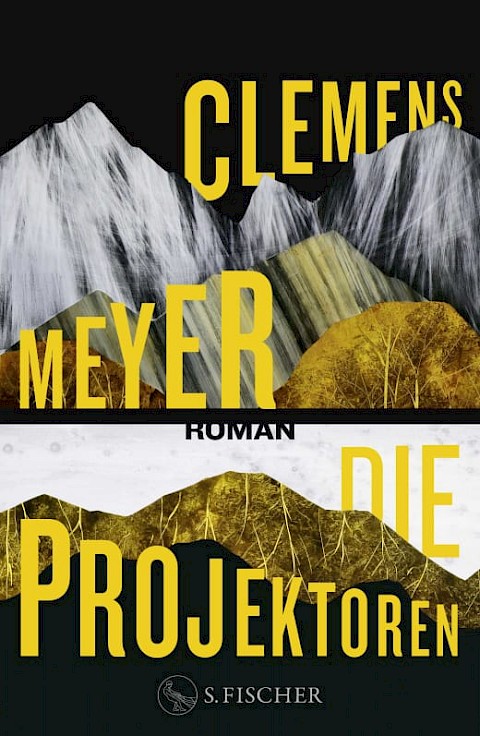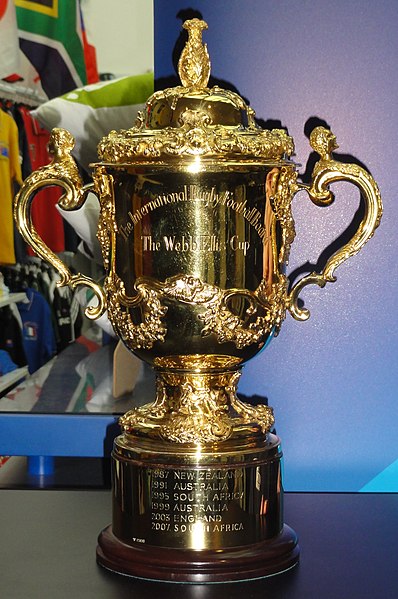
What treasures lie in wait among the nominations for Germany’s biggest literary award?
A writer friend and I have an annual tradition, usually performed lying on towels at our local lido. On the morning of the announcement, we pick over the longlist for the German Book Prize and choose our favourite nominations, and also draw up a secret list of what we think the judges might put on the shortlist. This summer it’s been too hot to hang out outdoors during the daytime (and my pal was on holiday for the longlist announcement) so we postponed to a Sunday night on my balcony. Armed with the booklet of extracts and fuelled by a small amount of prosecco that happened to be in the fridge, we worked our way through the twenty listed titles.
Our unfiltered opinions aren’t always fit to print, but here comes a potted polite version, followed by my personal top six.
The longlist:
Nora Bossong: Reichskanzlerplatz
I’m not generally a fan of historical fiction, although Bossong tends to do it better than most. Still, this novel about Magda Goebbels’ lover before, during and after the Nazis doesn’t tickle my fancy.
Zora del Buono: Seinetwegen
I’m biased because I know the writer from a non-literary context, but this autofictional exploration about the man who killed del Buono’s father in a car accident is so intriguing, I went out and bought it for money.
Franz Friedrich: Die Passagierin
This is the first of a couple of novels on the list that apparently feature time travel, which can only shake things up a little, right? The extract is delightfully weird, setting up an unusual imaginary community.
Martina Hefter: Hey guten Morgen, wie geht es dir?
Neither of us much liked the sound of this book about Juno and Jupiter and modern-day dating scammers, but actually the extract was playful and fun.
Timon Karl Kaleyta: Heilung
Another one that didn’t grab us, especially since last year’s prize already went to a novel about rich kids’ problems. May or may not be The Magic Mountain for today, but who’s to say that’s a good thing?
Maren Kames: Hasenprosa
Fun at last! Maren Kames performs twists and turns with language and both the blurb and the extract perked us both right up. Not sure what it’s about other than family, but I’ll find out when I read it, which will be soon.
Michael Köhlmeier: Das Philosophenschiff
More historical fiction, this time about an intellectual family put on a ship into exile by the Bolshevists, only to be joined by Lenin himself. The style seems rather formal and the subject… see above.
Daniela Krien: Mein drittes Leben
Krien is very successful commercially with her novels about women from East Germany, and good for her (and indeed for her English translator Jamie Bulloch, for Quercus). The extract shows off her writing skills but we’d still prefer it if the big prize went to a novel that would benefit more from the attention.
André Kubiczek: Nostalgia
I’ve read this novel and it’s great: very personal, very sad, very well written, very illuminating – an unusual perspective on the GDR from the son of a German father and a Laotian mother.
Ulla Lenze: Das Wohlbefinden
This one ticks two negative boxes: hospital setting and historical fiction. And yet! Lenze does seem to be doing something slightly different, bringing together three women: a working-class medium, a writer and a modern-day great-granddaughter. The extract is certainly a great read.
Clemens Meyer: Die Projektoren
It’s a little unfair because this novel (which I have read and which I’ll be spending 2025 translating for Fitzcarraldo) is utterly strange, massively ambitious and mind-blowingly good. With a little bit of time travel, sort of. It’s like pitting ducklings against eagles. Doesn’t mean it’ll win, though, other than in our hearts and minds.
Max Oravin: Toni & Toni
A debut novel by a poet, this one – about a hetero couple going through problems – excited me with its adventurously rhythmic language and smatterings of Japanese, but put my friend off.
Ronya Othmann: Vierundsiebzig
We were unsure whether this book can be strictly called a novel, seeing as it’s a personal reckoning with the 2014 Yezidi genocide. Perhaps its essayistic style is its strength – it’s certainly a daunting prospect on an important topic.
Mithu Sanyal: Antichristie
She’s done it again! Following Identitti, Sanyal brings a bizarre sense of humour to today’s debates, this time tackling the London-based birth of Hindu nationalism in another tale of time travel. I’m reading it right now, and it’s ace.
Stefanie Sargnagel: Iowa
Nice to see Austria’s top young literary provocateuse on the longlist, but we asked ourselves again whether a probably non-fictional book – about a writer’s trip to Iowa – really qualifies for an award for novels.
Dana von Suffrin: Nochmal von vorne
German readers do love a contemporary German-Jewish family story set between Munich and Tel Aviv. The extract feels a little muddy to me, however; I’m unsure where it’s going and wasn’t drawn in enough to find out.
Markus Thielemann: Von Norden rollt ein Donner
Absolutely beautiful writing in the extract, and the idea of this contemporary novel about a young shepherd and rabid nationalists really piqued our interest. Political fiction cutting through to the heart of the matter.
Ruth-Maria Thomas: Die schönste Version
Another debut, this time about a young woman’s desires, background and broken relationship, set in present-day East Germany. I like that the book made the list and the way it addresses social class, but the prose doesn’t excite me.
Doris Wirth: Findet mich
One of only two books published by indies on the longlist (the other being Toni & Toni), and another debut. It’s about a man breaking out of a Swiss family and it seems to be full of accepting and understanding, written with love in a calm tone.
Iris Wolff: Lichtungen
A booksellers’ favourite with rights already sold to the UK (Moth Books), this is the story of a childhood friendship in Communist Romania that endures to the present day. Again, we’re glad writers like Wolff are so successful with readers already, but would welcome the attention for books yet to find such a broad audience.

My personal shortlist (you can probably guess my personal winner):
Zora del Buono with Seinetwegen
Maren Kames with Hasenprosa
André Kubiczek with Nostalgia
Clemens Meyer with Die Projektoren
Mithu Sanyal with Antichristie
Markus Thielemann with Von Norden rollt ein Donner
The real shortlist is announced on 17 September.